Parenting After Your Own Childhood Trauma: Breaking Cycles with Compassion
Becoming a parent often stirs up parts of our past we thought we had left behind. For those who experienced childhood trauma, parenting can be both healing and deeply triggering. You may find yourself flooded with emotions or stuck in patterns you swore you'd never repeat. This doesn’t mean you’re failing—it means you're human, and you're trying to do something incredibly brave: break cycles you didn’t create.
At Moonrise Therapy and Wellness, we honor the complexity of parenting after trauma. You’re not just raising a child—you’re re-parenting yourself, often in real-time. That’s no small feat.
Understanding the Impact of Trauma on Parenting
Childhood trauma—whether from emotional neglect, abuse, loss, or growing up in a chaotic environment—can affect the way we regulate our emotions, trust others, and understand our own worth. When you become a parent, these wounds can resurface in unexpected ways:
Feeling overwhelmed by your child’s big emotions
Reacting with more anger or detachment than you intend
Struggling to set boundaries or fearing you’ll become “too much”
Feeling isolated, ashamed, or like you’re constantly falling short
These reactions are not signs you’re a bad parent. They’re signs your nervous system is doing what it had to do to survive—and it may still be trying to protect you from perceived threats, even if those threats are no longer there.
Breaking the Cycle Starts with Awareness
You don’t need to be a “perfect” parent to raise a healthy, secure child. You just need to be a reflective one.
Here are a few ways to gently shift the narrative:
Pause before reacting. If you notice yourself becoming dysregulated, take a breath or a short break when it’s safe to do so. Reconnecting with your body gives your brain time to re-engage.
Repair, not perfection. All parents mess up. What matters most is how you repair—offering a sincere apology and showing your child they are still safe and loved.
Practice self-compassion. When you find yourself stuck in old patterns, offer yourself the grace you wish you had received as a child.
Re-parent yourself. Tune in to your needs as a human, not just as a parent. What would have helped younger you feel safe, seen, and soothed? Give yourself some of that now.
You Deserve Support, Too
Trying to heal while parenting is courageous—but you shouldn’t have to do it alone. Therapy can provide a space to explore your past, work through triggers, and learn tools to parent with intention instead of reaction. At Moonrise, we walk with you in this process—offering compassion, curiosity, and practical support.
You’re Already Doing the Work
If you’re reading this, you’re already showing up for your child in a powerful way. Healing from childhood trauma while raising a child isn’t easy, but it’s possible. You are not broken. You are not alone. And it’s never too late to rewrite the story.
You Don’t Have to Heal Alone
Parenting after trauma is courageous work, and it’s okay to ask for support along the way. At Moonrise Therapy and Wellness, our compassionate therapists are here to help you process your past, strengthen your connection with your children, and parent in a way that aligns with your values. If this blog resonated with you, we invite you to reach out. Together, we can create space for healing, hope, and change—one step at a time.
